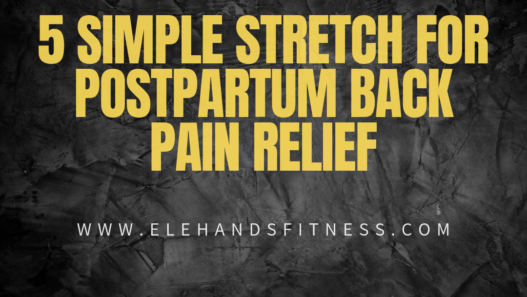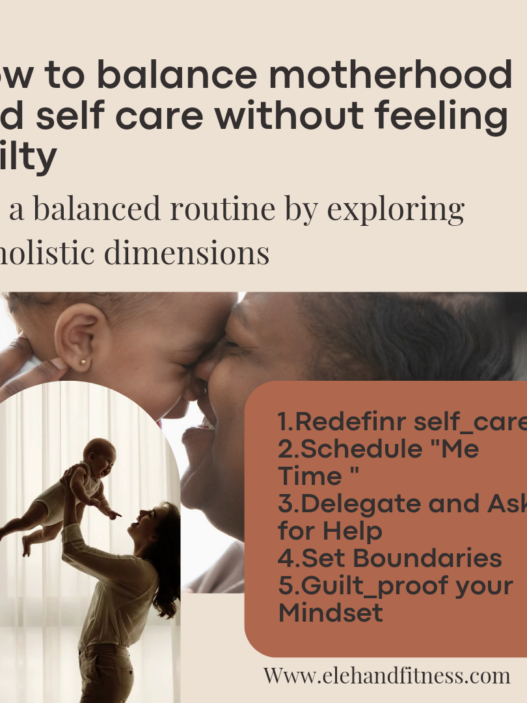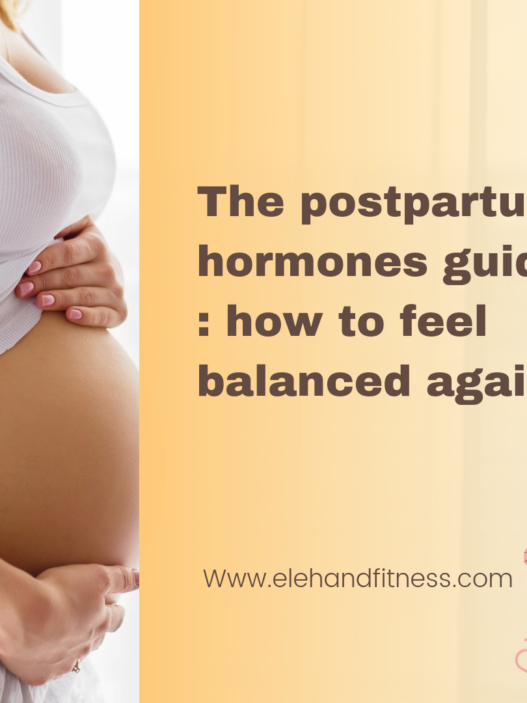Why Sleep is Essential for Weight Loss and How Moms Can Get More of It
When it comes to weight loss, most people think of diet and exercise as the primary factors. However, one crucial piece of the puzzle that often gets overlooked is sleep. For moms juggling kids, household responsibilities, and sometimes careers, getting enough quality sleep can feel like an impossible task. But understanding the link between sleep and weight loss might motivate you to prioritize rest as much as meal prep or workouts.
The Science Behind Sleep and Weight Loss
- Hormonal Balance
Sleep directly affects the hormones that control hunger and appetite. Ghrelin, the hormone that signals hunger, increases with sleep deprivation, while leptin, the hormone that signals fullness, decreases. This imbalance can lead to overeating, especially cravings for high-calorie, sugary foods. - Metabolism Regulation
Sleep deprivation slows down your metabolism. A sluggish metabolism means your body burns fewer calories, even at rest, making it harder to shed excess weight. - Energy Levels and Activity
Lack of sleep often leads to fatigue, which can reduce your motivation to exercise or stay active during the day. Over time, this reduced activity can contribute to weight gain. - Stress and Cortisol Levels
Poor sleep increases stress, and with that comes elevated cortisol levels. High cortisol is linked to fat storage, especially around the midsection. Additionally, stress eating often becomes a default coping mechanism.
Why Moms Struggle with Sleep
As a mom, your life is often filled with interruptions—late-night feedings, a child who’s afraid of the dark, or simply trying to squeeze in some “me time” after the kids are in bed. These challenges can lead to irregular sleep patterns and chronic sleep deprivation. Add postpartum recovery or breastfeeding into the mix, and the struggle becomes even more pronounced.
How Moms Can Get More Sleep
- Set a Bedtime Routine
Establish a consistent bedtime for both you and your kids. A calming routine—like reading, meditation, or a warm bath—can signal to your body that it’s time to wind down. - Share Responsibilities
If possible, share nighttime duties with your partner or family members. This might mean alternating who gets up with the baby or who takes care of early morning routines. - Nap Strategically
Short naps (20-30 minutes) during the day can help you catch up on lost sleep without leaving you groggy. This is especially helpful for moms with newborns. - Prioritize Sleep Over Late-Night Tasks
It’s tempting to clean, scroll through your phone, or catch up on TV after the kids are asleep, but sacrificing this time for rest is often worth it. Delegate tasks when possible or spread them out during the day. - Create a Sleep-Friendly Environment
Keep your bedroom dark, quiet, and cool. Investing in blackout curtains, white noise machines, or even a comfortable mattress can make a big difference. - Limit Caffeine and Screen Time
Reduce caffeine intake after noon, and avoid screens at least an hour before bedtime. The blue light from devices can interfere with melatonin production, the hormone that regulates sleep. - Practice Relaxation Techniques
Deep breathing, progressive muscle relaxation, or guided meditation can calm your mind and body, making it easier to drift off.
The Bigger Picture
Remember, sleep is not a luxury—it’s a necessity for overall health and well-being. For moms trying to lose weight, it’s as important as diet and exercise. Start by making small changes to your routine and enlisting help when needed. Prioritizing your rest will not only benefit your weight loss journey but also improve your mood, energy, and ability to be present for your family.
By focusing on quality sleep, you’re not just taking care of your body—you’re showing your kids the importance of self-care. When you’re well-rested, you can tackle your day (and your weight loss goals) with renewed energy and purpose.




















